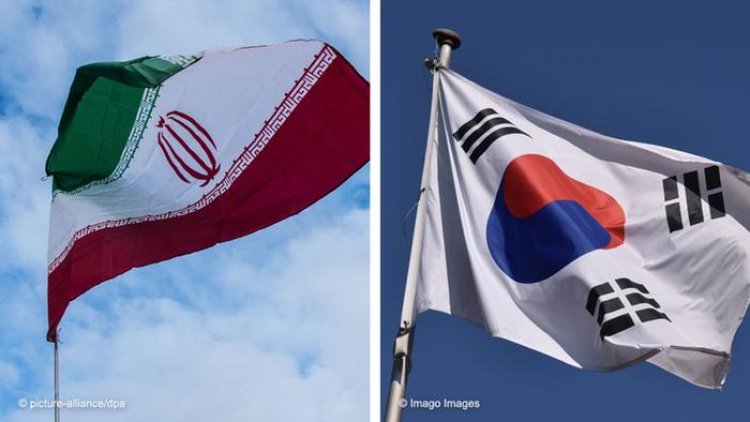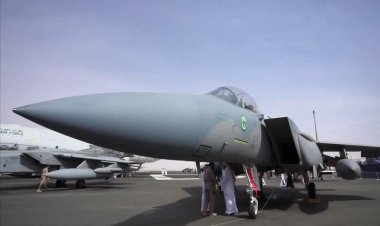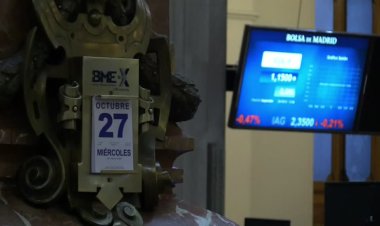Iran-SKorea row worsens over oil billions frozen by US sanctions
A row between Iran and South Korea is intensifying, with Tehran threatening legal action unless Seoul releases more than $7 billion in funds for oil shipments frozen because of US sanctions.

The Islamic republic was South Korea's third-largest Middle Eastern trade partner before the US unilaterally withdrew from a 2015 nuclear deal between Tehran and world powers and reimposed crippling sanctions.
Iran had been a key oil supplier to resource-poor South Korea and in turn imported industrial equipment, household appliances and vehicle spare parts from Seoul.
"We have $7.8 billion of our money blocked in South Korean banks," said Iranian lawmaker Alireza Salimi, who is involved with the case.
South Korea took delivery of the Iranian oil "but did not pay for it", he told AFP.
"It is not a reliable trading partner and it should pay interest on the money it is improperly holding," he charged.
A foreign ministry official in Seoul told AFP that "it is difficult to confirm" the exact amount of money involved.
South Korea stopped purchasing Iranian oil after former US president Donald Trump exited the nuclear deal in 2018, reimposing the harsh sanctions and threatening to punish anyone buying crude from Iran.
That year, Iran-South Korea trade fell by half compared to 2017, when it had stood at $12 billion, according to Iran's embassy in Seoul.
The volume of trade tumbled to just $111 million by mid-July 2020, according to embassy figures.
Last week, Iran's Foreign Minister Hossein Amir-Abdollahian warned that his country would sue South Korea if it continued to refuse to honor its debt.
"US pressure (on Seoul) is a fact but we cannot continue... to turn a blind eye to this question," he said.
If Seoul fails to unblock the funds, the government would allow Iran's central bank to take legal action against two South Korean lenders holding the money, he said.
Amir-Abdollahian said he spoke with his South Korean counterpart Chung Eui-yong about the issue at the end of last month.
"I told him it was unacceptable for our people to wait for three years" for the funds, he said.
Iranian media have quoted the South Korean minister as saying that he would do his best to resolve the problem, but Tehran remains unconvinced.
The foreign ministry official in Seoul rejected the idea of a South Korean "debt", instead describing the amount as a "frozen fund".
The money "cannot be delivered to Iran due to US sanctions, which prevents financial transactions with Tehran", the official told AFP.















